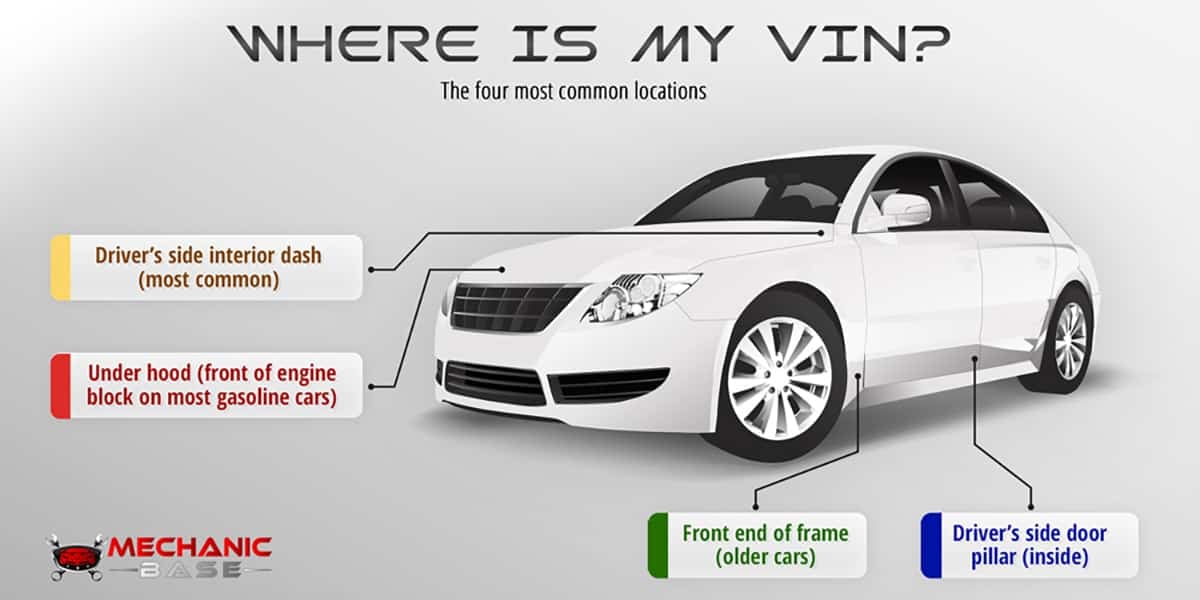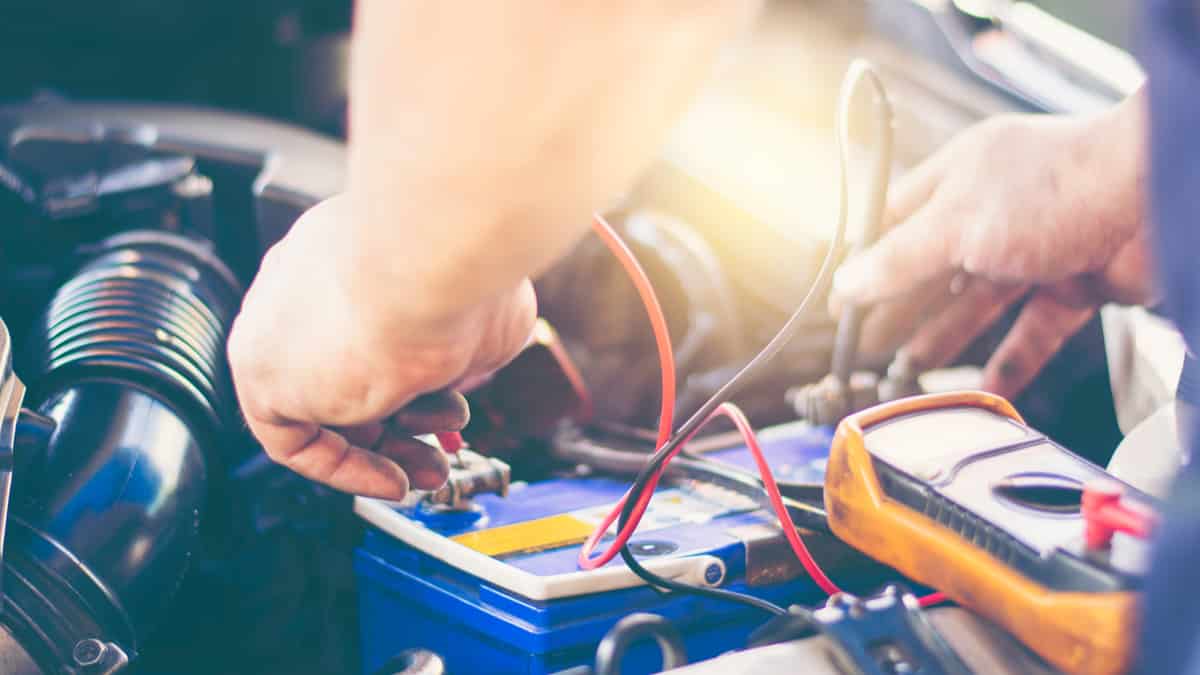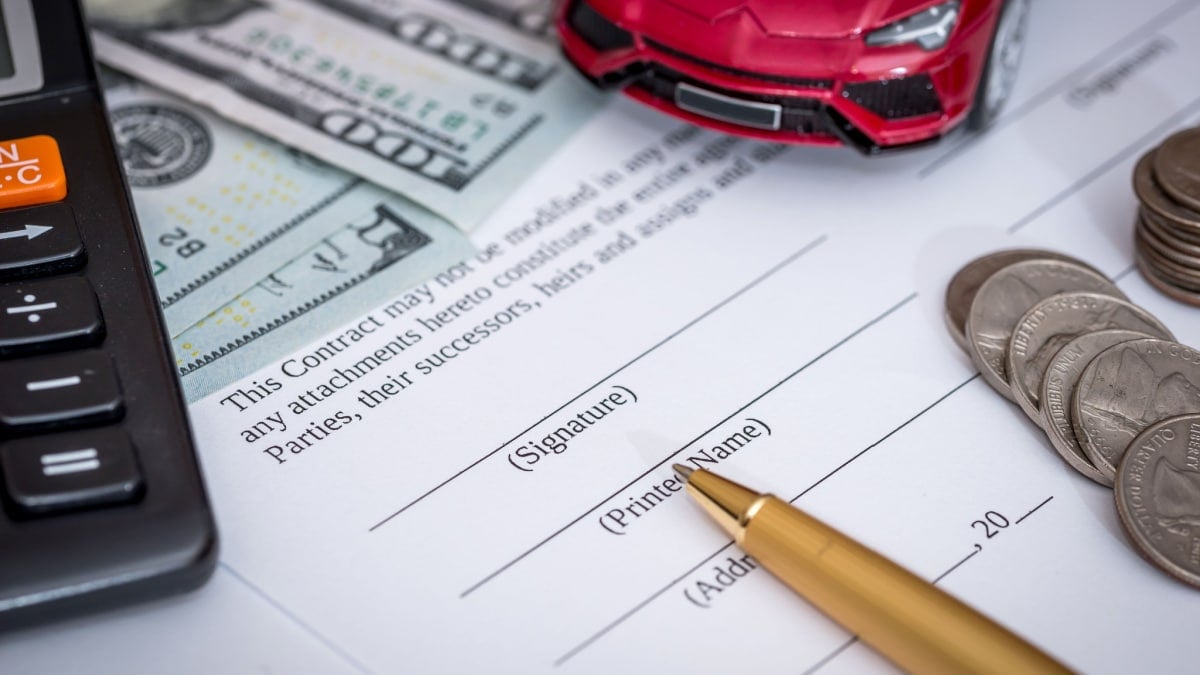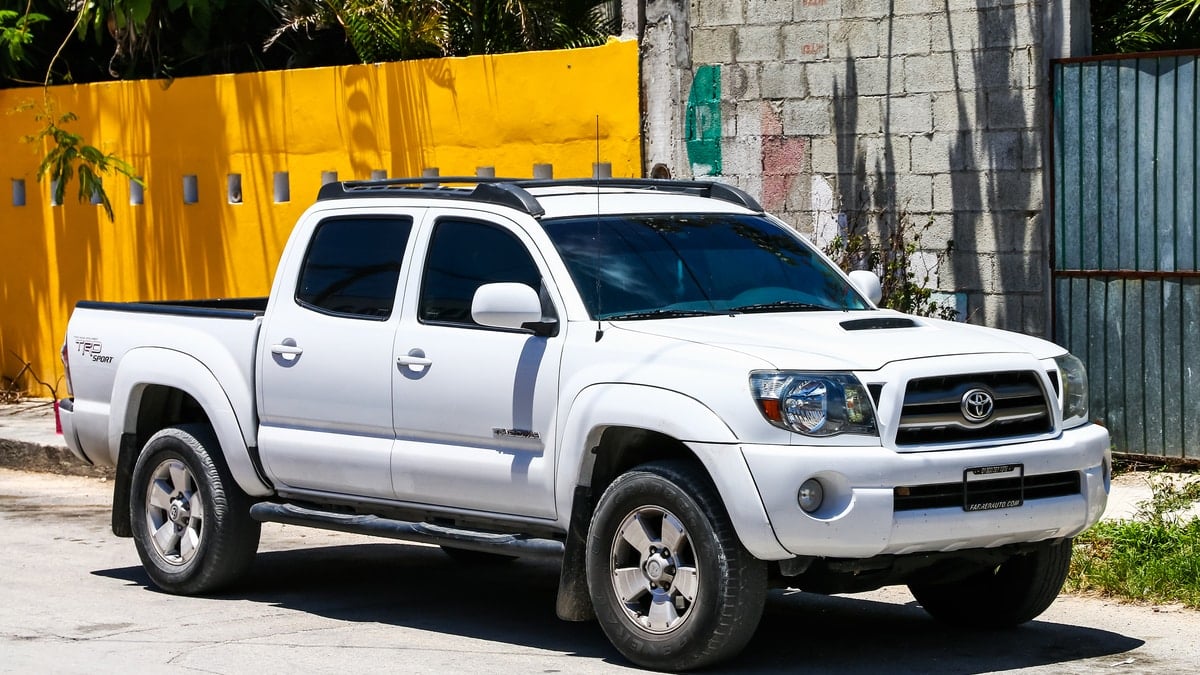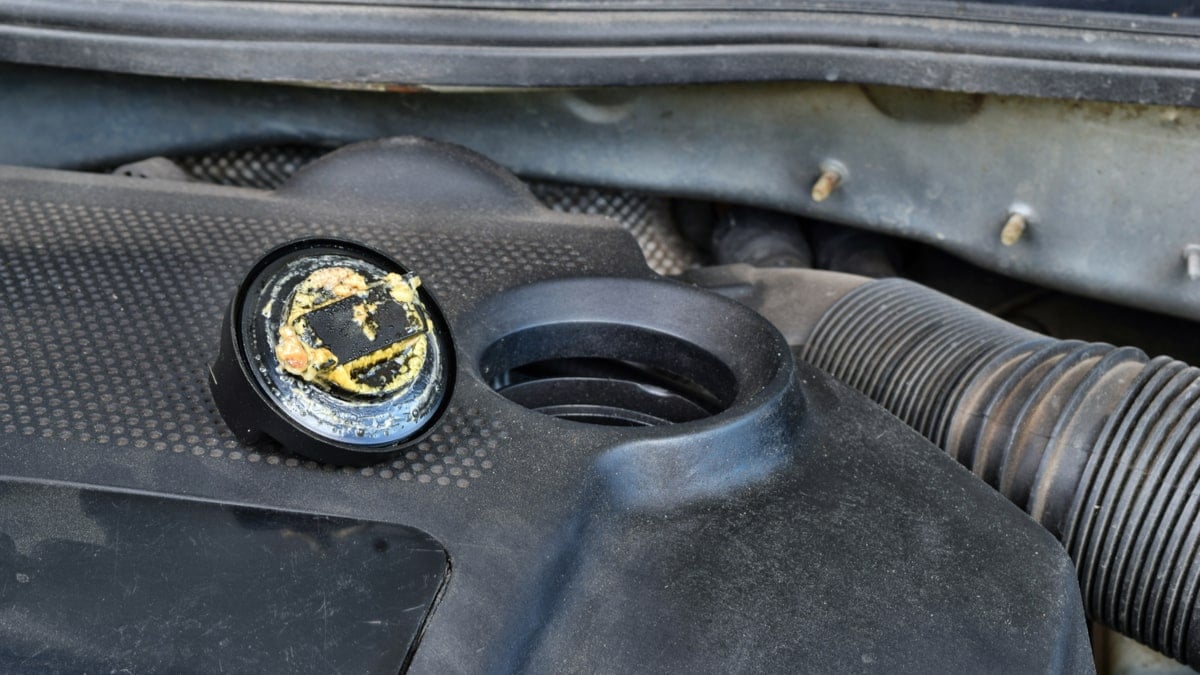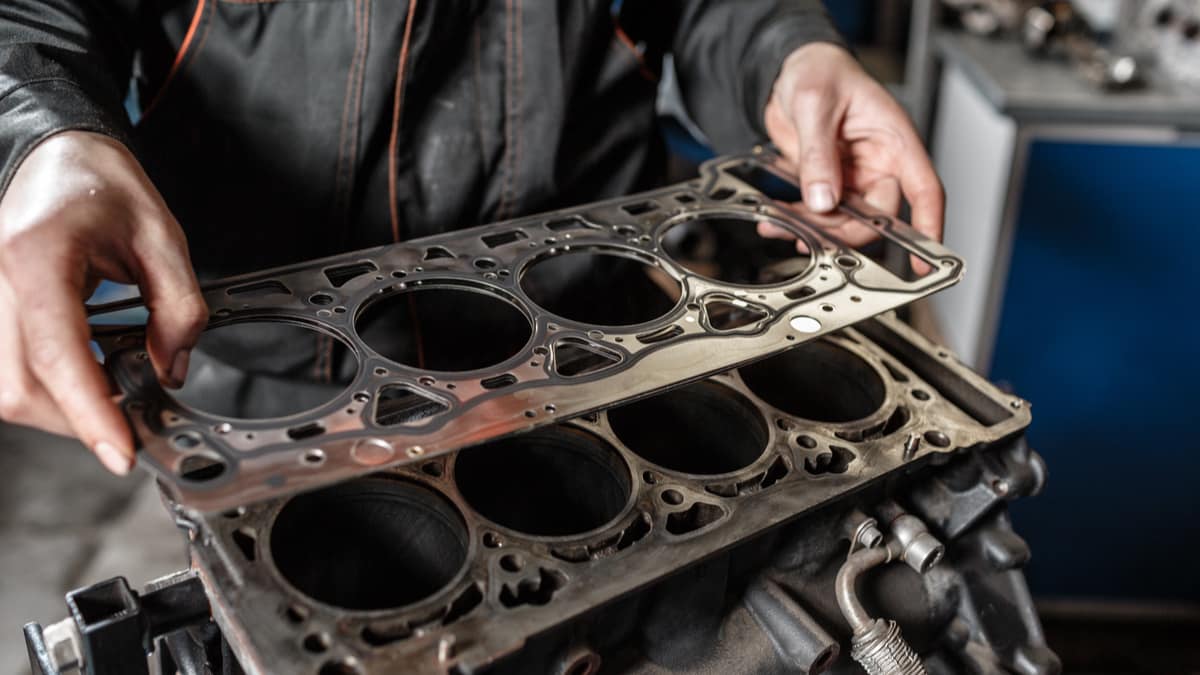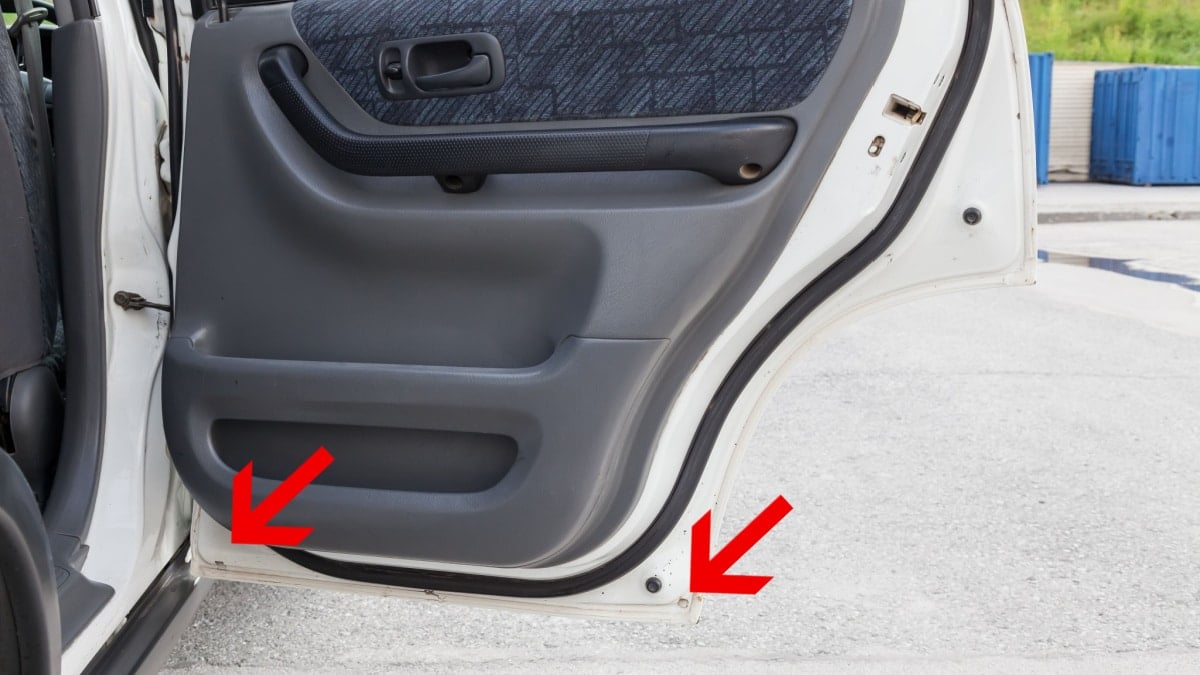If you’ve run into a problem with your car or you are looking to sell it, you may be searching for the warranty information. Thankfully, it’s easy to learn how to check if a car is still under warranty and you don’t need a lot of time.
In this guide, we walk you through the steps of finding out the car warranty information. We also look at the different types of car warranties and help you determine if an extended car warranty is worth the money.
Steps to Check if a Car is Still Under Warranty
First, you want to locate the VIN of the vehicle. You can use this information to reach out to the dealership and find out what coverage still exists. The warranty information may also be located on the CARFAX vehicle history report if you have trouble contacting the dealership.
1. Locate the VIN
Before you can get any information, you must find the car’s VIN. The vehicle identification number acts as a serial number, giving the car a unique code, so it’s easier to differentiate from others. It’s similar to how every person has a social security number, thereby identifying them.
You can find the VIN several places within the vehicle. The easiest to spot is on the windshield from the driver’s side. You will notice a metal plate located just above the dashboard, where it meets the glass. The VIN is also found inside the driver’s side door. If all else fails, you can check the documentation for your car, such as the title, car registration or insurance paperwork. The VIN is made up of both letters and numbers.
You do also want to check your car’s odometer and write the mileage down on paper to have it ready for the next step.
READ MORE: Where Can You Find the VIN on Your Car?
2. Call Dealership/Automaker
Once you have the VIN in hand, you are ready to reach out to your local dealership. You can provide this information and the team can look up the warranty information. The factory warranty would have started the day that the new vehicle was sold. However, there could also be warranty coverage on your pre-owned vehicle, depending on what was offered at the time of the sale.
If you want to avoid calling the dealership, you might be able to look up the information online. Many auto manufacturers have a place on their website where you can look up warranty information. You might need to create an account to get started.
3. Get a CARFAX Vehicle History Report
If you can’t get the information from your local dealership or you need another avenue, consider getting a CARFAX vehicle history report. This is a helpful option if you plan to sell the vehicle anyway because it’s a great selling feature.
On the vehicle history report, it might list what factory warranties are still intact. It can also provide information about the car warranty company, which is helpful.
RELATED: The Best Vehicle History Report – CarFax vs AutoCheck
Types of Car Warranties
1. Bumper-to-Bumper
The bumper-to-bumper factory warranty covers just about everything you can think of. It’s going to pay for any parts that failed because of a defect. If the car breaks down while being used normally, you can count on coverage.
However, it’s not going to handle the maintenance items, so you can’t get an oil change or brake pad replacement with it. It also won’t cover any damage that occurs because of misuse of the vehicle.
Most car manufacturers offer a bumper-to-bumper warranty for the first few years of ownership. In general, you should expect at least a 3-year/36,000-mile bumper-to-bumper warranty. Beyond that, you can sign up for an extended warranty with comparable coverage.
2. Stated Component
With a stated component warranty, the components specifically called out are all that are covered. Some companies offer special warranties that cover just the suspension, transmission, engine, cooling system and more. These are mainly offered with factory extended warranties that you add on to the existing coverage.
In general, this type of warranty is used to cover particular parts as the car incurs more mileage. It’s a good option for protecting higher-mileage vehicles.
READ MORE: How to Negotiate the Best Price for an Extended Warranty (7 Tips)
3. Powertrain
The powertrain warranty only covers the transmission, engine, drive axles and driveshaft. These are the longest-lasting factory warranties offered with a new car, but you can also add one on after coverage ends.
It’s not going to cover the same parts that a bumper-to-bumper warranty does. With that said, it normally lasts much longer, usually five years or more from the initial service date. As usual, if you misuse or abuse the car and it leads to damage, the company has the right to refuse warranty coverage.
4. Anti-Perforation
This corrosion and body warranty ensures no damage occurs because of a manufacturer defect. Not all companies offer this protection, but it has become popular with Kia and Hyundai.
The coverage is for any rust that occurs to body panels from the lower window down. You can usually expect to get seven years of coverage from the companies that provide it.
5. Battery
If you purchased a hybrid or EV, you should also have battery protection. Considering how expensive these batteries are, it’s good to have the coverage to fall back on. The good news is that federal law requires that automakers cover these batteries for a minimum of eight years or 100,000 miles.
Beyond that, some automakers are providing more protection. You can also sign up for extended warranty protection for your EV or hybrid after the initial term is over.
RELATED: How Long Do Electric Car Batteries Last?
6. Extended Car Warranty
The extended car warranty gets added to the end of the factory coverage. It can be purchased when the car is new to take over when the term ends, or you can choose to add it on any time after. You also have the option to go through the dealership for this coverage or you can shop around the various third-party companies that are available.
With an extended car warranty, you choose the level of protection you want. Most companies offer variations between the bumper-to-bumper coverage to stated components or powertrain protection. Plus, you can choose the terms. If you have a high-mileage car, it can be more difficult finding companies that will work with you, but they are out there.
Is an Extended Car Warranty Worth It?
If you’ve gone through the entire factory warranty without a problem, you may wonder if it’s worth spending money to get an extended warranty. Not everyone will find it to be a good use of money. If you can afford whatever repairs and malfunctions come your way and you would rather pay for them as you go, there’s no need to get a warranty.
However, most people don’t have this kind of money sitting around, so it’s easier to pay monthly or yearly for protection. Even if you take exceptional care of your vehicle, mechanical failures can occur, and usually at the most inconvenient times. Consider the extended warranty protection like an insurance policy, protecting you from expensive costs all at once. The earlier you purchase protection, the less you are likely to pay, so try to determine if this is a good option sooner than later.
Can you buy a car warranty after purchase?
Yes, it is possible to purchase an extended warranty from a dealer after you’ve bought your car, but it’s important to do your research before making a decision. Many dealers offer extended warranties that are nothing more than expensive insurance policies, so it’s important to make sure you understand what you’re getting before signing on
Does a warranty cover brakes?
Unfortunately, car warranties typically don’t cover brakes. This is because brakes are considered a wear-and-tear item, and as such are not covered under most warranty agreements. That said, some automakers offer extended brake coverage for an additional cost.
Is the engine covered under warranty?
Yes, the engine is usually covered under warranty. However, the details of what is covered and for how long will vary depending on the make and model of your vehicle. Generally speaking, though, most warranties will cover engine repairs or replacements if they are due to a manufacturing defect. So if you have a problem with your engine that is covered under warranty, you should be able to get it fixed at no cost to you.
How long does a car warranty last?
The duration of a car warranty varies depending on the make and model of the vehicle, as well as the specific terms of the warranty. However, most car warranties last for at least three years or 36,000 miles. Some automakers offer longer warranties of up to seven years or 100,000 miles.
Categories: Finance

